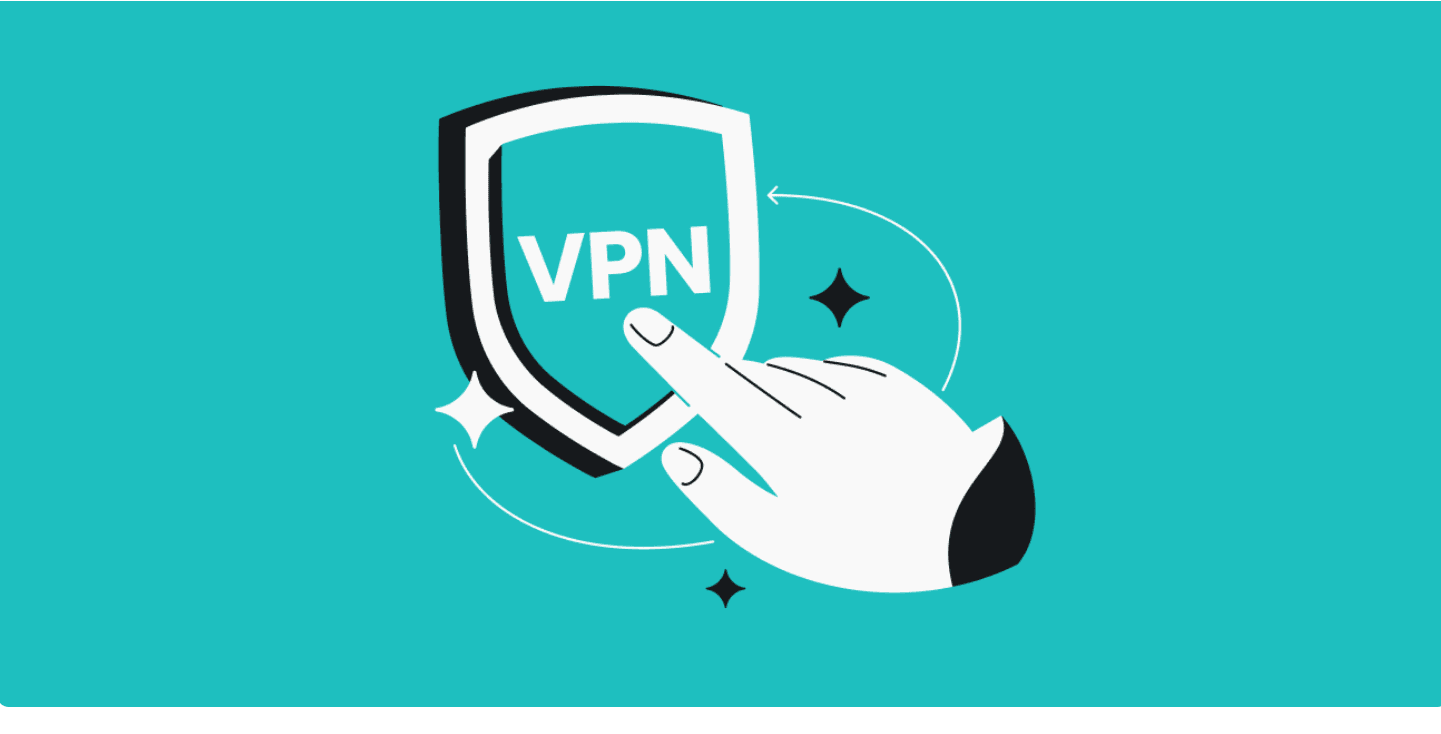Resources
Antidetect Browser vs VPN: What’s Better for Privacy?
Time: 2025.06.20 05:49Author: petro
Both antidetect browsers and VPNs aim to protect your privacy online, but they do so in very different ways. Each tool has its own strengths, weaknesses, and ideal use cases. Let’s break down how they compare across key areas like functionality, privacy, ease of use, and performance.
1. What They Do and How They Work
Antidetect Browsers
- Fingerprint Masking: Antidetect browsers hide unique browser and device data—like screen size, system type, installed fonts, and more—so websites can’t easily track who you are.
- Multiple Profiles: You can create and switch between different profiles, each with its own settings and identity. This is perfect if you're managing multiple accounts or businesses.
- Proxy Support: Many antidetect browsers let you add proxies (HTTP, HTTPS, SOCKS5) to change your IP address and boost your anonymity.
- Extra Privacy Tools: They often include built-in features like ad blockers and anti-tracking systems.
VPNs (Virtual Private Networks)
- IP Masking: VPNs hide your real IP address by routing your connection through a server in another location.
- Data Encryption: All your traffic is encrypted between your device and the VPN server, making it unreadable to hackers or ISPs.
- System-Wide Protection: VPNs protect all apps and browsers on your device, not just one.
Access Geo-Blocked Content: They’re great for unblocking websites and content restricted in your country.

2. Privacy and Security
Antidetect Browsers
- High Anonymity: By masking many data points beyond just your IP, antidetect browsers offer deeper identity protection.
- Harder to Track: They’re designed to stop browser fingerprinting and tracking cookies.
- Decentralized Options: Some antidetect browsers use peer-to-peer networks to avoid central points of failure, reducing risks from data leaks.
VPNs
- Strong Encryption: VPNs offer robust encryption to keep your data safe, especially on public Wi-Fi.
- Risk of Leaks: VPNs can sometimes expose your IP due to DNS or WebRTC leaks.
- Centralized Servers: Most VPNs use centralized servers. If those are compromised—or if the provider logs your activity—your privacy may be at risk.
3. Ease of Use and Setup
Antidetect Browsers
- User-Friendly: Most antidetect browsers look and feel like normal browsers, so setup is simple.
- Easy to Switch Profiles: Switching between multiple profiles is quick and straightforward.
VPNs
- Quick Setup: VPN apps are very easy to install on Windows, Mac, Android, iOS, and more.
- Always-On Privacy: Once active, the VPN protects everything you do online without needing further setup.
4. Speed and Performance
Antidetect Browsers
- Low Impact on Speed: These tools don’t encrypt your traffic, so they don’t usually slow your internet down.
- Efficient Resource Use: Many are optimized to work smoothly even with several profiles open.
VPNs
- May Reduce Speed: Because your data is encrypted and rerouted, you might notice slower speeds or lag—especially with low-quality or distant servers.
- Server Congestion: Using a free or overcrowded VPN can further reduce performance.
Cost Comparison
| Tool | Free Version Available | Paid Plan Range |
|---|---|---|
| VPN | Yes | 4 to 12 dollars/month |
| Antidetect Browser | Rarely | 9 to 199 dollars/month |
Our bitbrowser start 9 dollars/month you can buy now
Final Thoughts: Which One Should You Use?
It depends on what you need:
- Use an Antidetect Browser if you need to manage multiple accounts, avoid fingerprinting, or perform advanced privacy tasks like stealth marketing or automation.
- Use a VPN if you want to encrypt all your traffic, hide your IP, and stay safe on public Wi-Fi or access blocked websites.
Want the best of both worlds? Use them together. Combining a VPN with an antidetect browser gives you stronger encryption, IP privacy, and advanced fingerprint protection.
Let me know if you'd like this turned into an HTML version or need tool recommendations!
Previous: How VPN Works for Mobile Games in 2025?